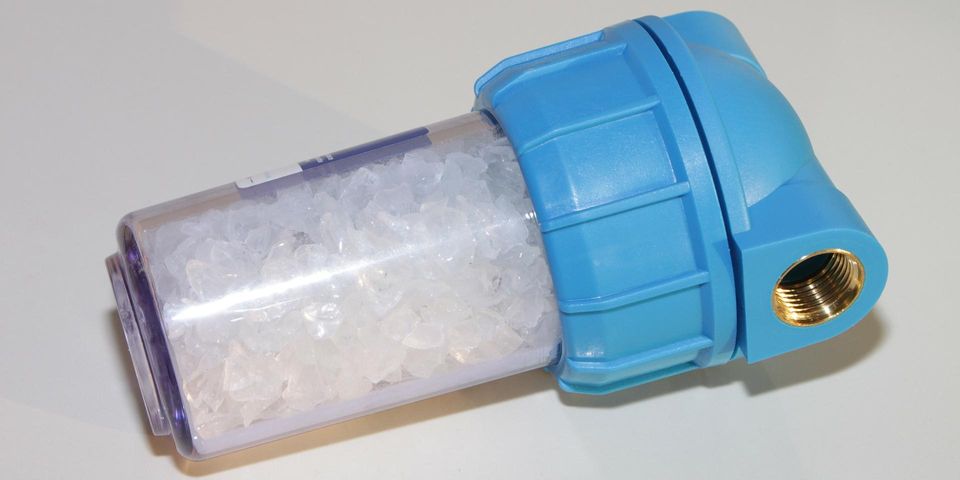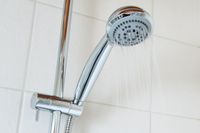3 Tips for Buying a Water Softener for Your Home

Glenville-area residents who rely on a well to bring water to their homes trust King’s Pump & Technical Service for all of their deep well installation and maintenance needs. These water access specialists provide commercial and residential irrigation services, including automatic sprinklers, to keep area lawns looking their best. Longtime well water users know that access to water is only part of the solution—that’s why King’s Pump & Technical Service recommends installing a water softener to make sure your water is clean and clear.
If your family’s clothes still look dingy after washing them or if your hair never really feels clean after a shower, your home may be suffering from hard water. Mineral deposits usually don’t pose a health risk, but they do cause problems around the house, like difficulty cleaning and bathing; an unpleasant aftertaste when drinking tap water; and corrosion in your pipes and water-using appliances. Fortunately, installing the right water softener can eliminate these problems, giving your family access to clean water that tastes great and doesn’t leave behind stains. The following tips can help you choose the right water softener for your home’s needs.
3 Tips For Buying A Water Softener
-
 Know What’s In Your Water: Calcium, manganese, and magnesium carbonate are the most common minerals found in hard water. The amount of mineral deposit in the water will vary from well to well, depending on which aquifer it uses. The more mineral content in your water, the harder it is—and the stronger your water softener will need to be.
Know What’s In Your Water: Calcium, manganese, and magnesium carbonate are the most common minerals found in hard water. The amount of mineral deposit in the water will vary from well to well, depending on which aquifer it uses. The more mineral content in your water, the harder it is—and the stronger your water softener will need to be. -
Know How Much Water You Use: The average person uses about 75 gallons of water per day, so multiply that number by the number of people in your household to understand how much water your family uses for cooking, cleaning, and drinking. This will help you determine the best water softener size; you want to be sure you buy a unit that can meet your home’s water use habits and recharge every three days.
-
Consider Salt-Free Models: Water softeners work by using negatively charged resin beads to attract positively charged minerals like calcium, removing them from your water. The beads are then flushed in a brine solution to drive the minerals away from the beads and eliminate them from the softener system. Some water softeners use sodium in their brine solution, while others use potassium chloride. Sodium-based water softeners can sometimes give treated water a slightly salty aftertaste. If you’re concerned about your family’s salt intake, the potassium chloride model may be a better option.
Visit King’s Pump & Technical Service online to learn more about their well drilling and irrigation services for local homes and businesses. Call (912) 654-0149 to discuss your water access and quality needs.
About the Business
Have a question? Ask the experts!
Send your question

